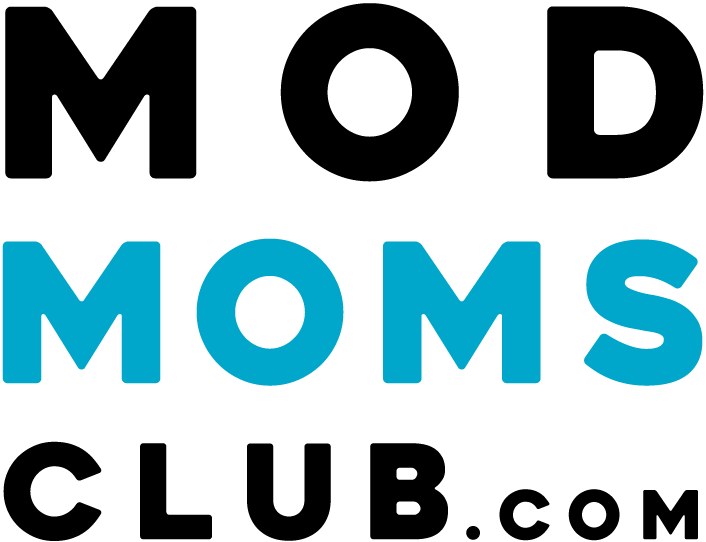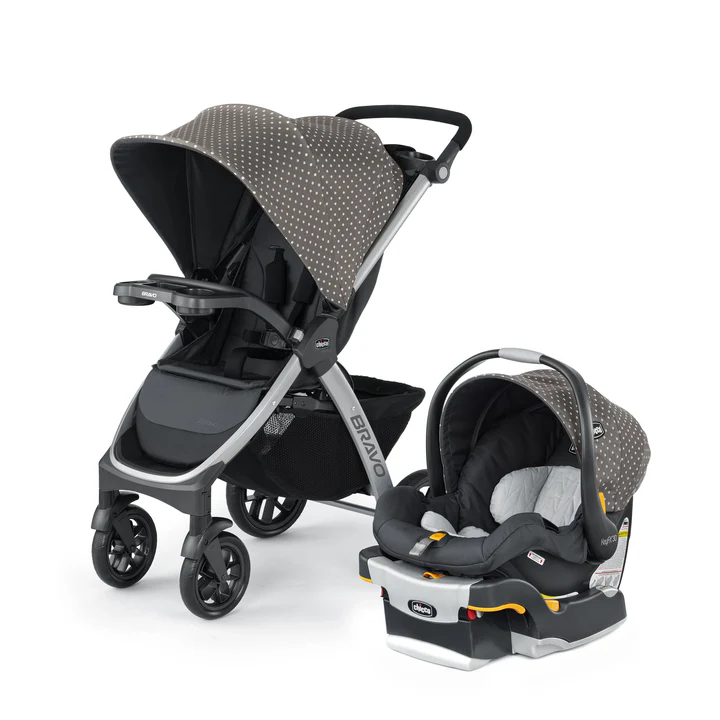National Movie Night is Friday, June 13th — and everyone in the family is invited!
With the death of Pope Francis on April 21, many papal experts are wondering what’s next.
Pope Francis, who became the first Latin American pontiff in Catholic history when he was introduced as the 266th pope on March 13, 2013, spent 12 years as the head of the Catholic Church prior to his death.
He was admitted to a hospital in February, where he spent 38 days after a respiratory crisis developed into double pneumonia, per The Associated Press.
RELATED: Gabby Petito’s Mom Reveal the New Information She Learned About Her Daughter’s Case Just Days Ago
His sudden death came as a surprise to many.
“At 7:35 this morning, the Bishop of Rome, Francis, returned to the home of the Father. His entire life was dedicated to the service of the Lord and of his Church,” Cardinal Kevin Farrell announced, per the AP.
Pope Francis was 88 years old at the time of his death — which came one day after his Easter Sunday appearance at the Vatican's St. Peter's Square.
As is tradition, the pope will be honored with a nine-day mourning period known as the Novendiale. His funeral and burial will take place in St. Peter’s Square four to six days following his death.
His death also marks the beginning of “sede vacante” in the College of Cardinals, which is highlighted by the conclave — a secluded meeting of Roman Catholic cardinals tasked with selecting the next pope.
Only cardinals under the age of 80 can cast a vote and the meeting must begin no earlier than the 16th day and no later than the 21st day after the pope’s death.
According to CNN, a pope must receive two-thirds of the vote to be named the next pope.
Experts are finding it difficult to predict who the next pope will be
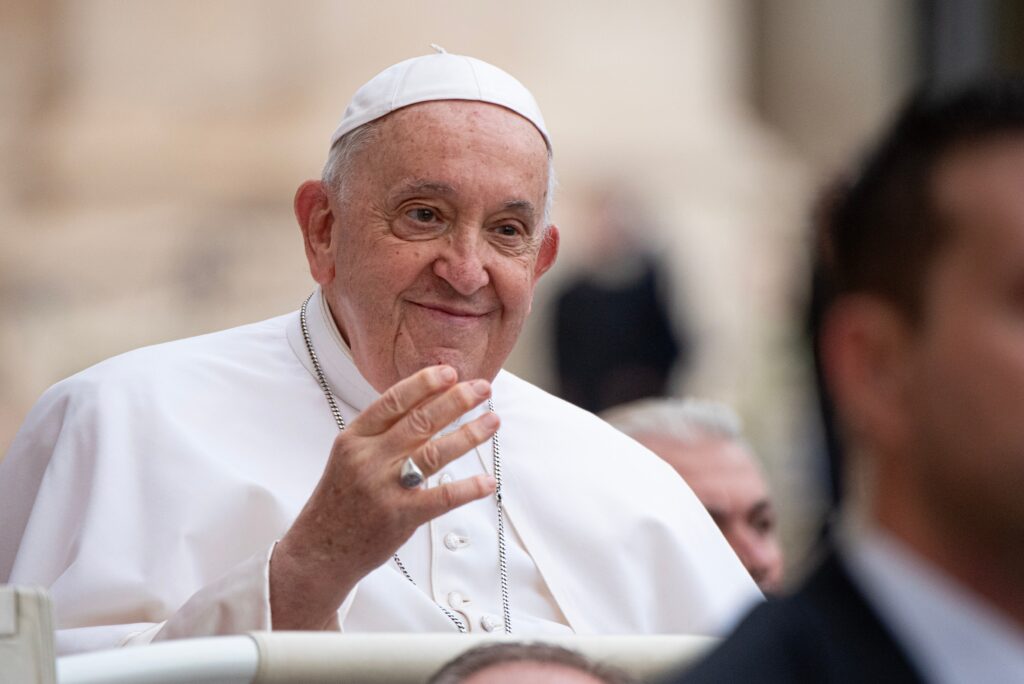
In an interview with People, papal experts Kathleen Sprows Cummings and Bill Cavanaugh opened up about the process of selecting the new pope — and why it’s so difficult to predict.
According to Cummings, there are roughly 140 men from the College of Cardinals who have a shot at being named the 267th pope, but only about 15 of them are “papabile.”
“There's no direct translation in English, but (papabile) basically means a man who's kind of on the radar screen to become pope, who could become pope,” Cummings told People.
She goes on to warn that just because a cardinal isn’t seen as papabile doesn’t mean they won’t have a shot at earning the title — and being papabile doesn’t guarantee a cardinal anything.
Just take one look at Pope Benedict XVI, who wasn’t considered a front-runner before being elected as the 265th pope in 2005.
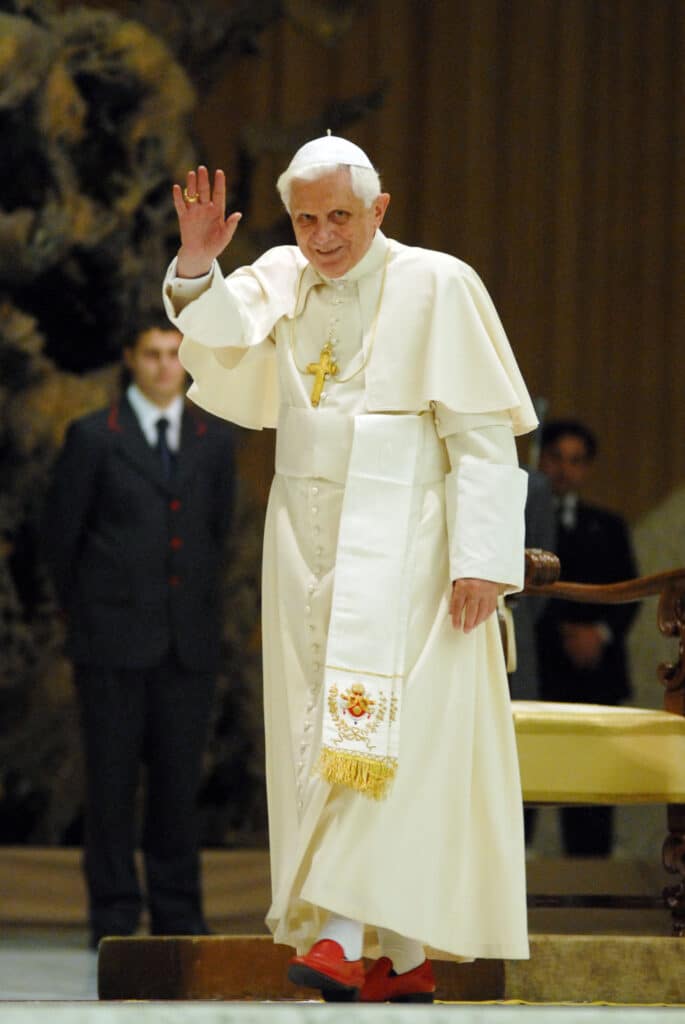
“Anything can happen,” Cummings told People — adding that even Pope Francis was a bit of a wild card.
According to France 24, some of the top contenders right now include Jean-Marc Aveline, Cardinal Peter Erdo, Cardinal Mario Grech, Cardinal Juan Jose Omella and Cardinal Pietro Parolin — among others.
As for what makes this selection process different, Cavanaugh alludes to the diversity of the voters.
“Pope Francis has named about 80% of the voting cardinals,” Cavanaugh explained to People.
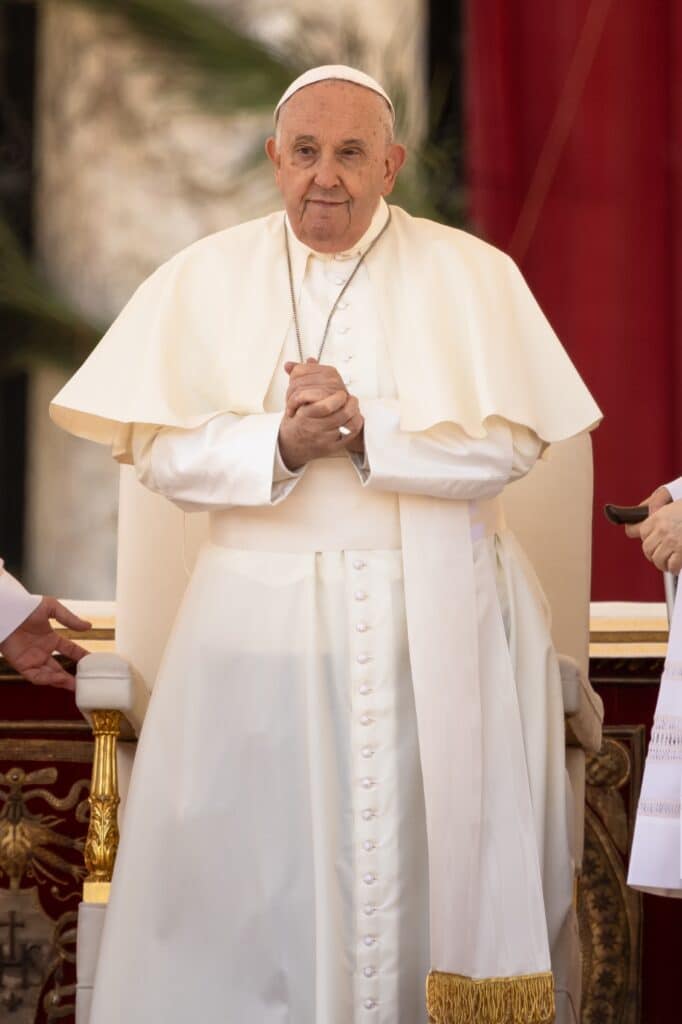
“He's done so in a kind of unprecedented way where he has named cardinals from relatively obscure places (Mongolia and the Central African Republic) and has kind of gone to the peripheries,” he added.
Since the voting cardinals don’t know each other very well, Cavanaugh says predicting who they vote for isn’t easy.
Nonetheless, Cummings expects many of the voters to share Pope Francis’ vision — though even that could be challenged.
ALSO ON MOD MOMS CLUB: Actor Gene Hackman and His Wife’s Deaths Labeled ‘Suspicious,’ Investigation Ongoing
“You never know,” she argues. “And it's not like there's a clear frontrunner right now.”



